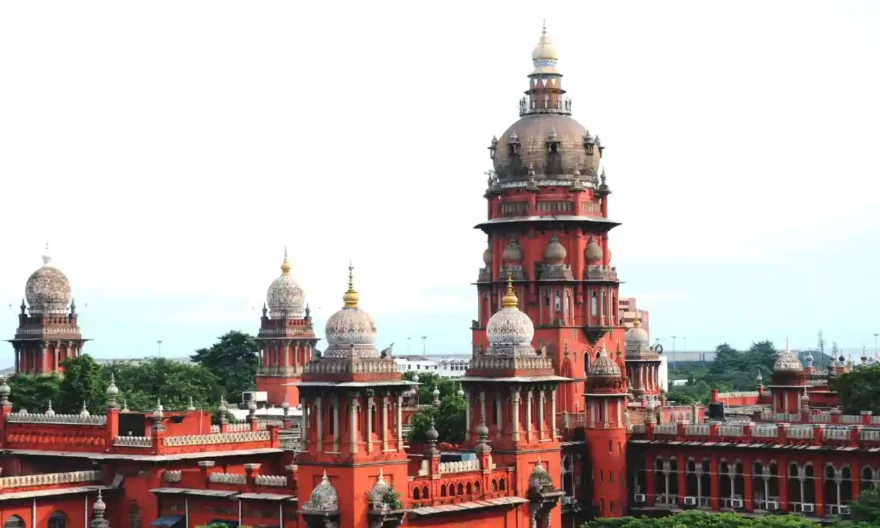
The Madras High Court recently observed that the community reservation scheme is a matter of pride for the country’s diversity, and any exploitation or misuse of it, even if found late, cannot be justified.
A division bench of Justice V.M. Velumani and Justice R. Hemalatha made the observation while dismissing a writ petition filed by R. Balasundaram, a retired government employee challenging a decision passed by a State-level inspection committee.
What is the case?
Balasundaram had been issued an ST community certificate by a Tahsildar in 1980. On the basis of the aforementioned qualification, he began working as a Khalasi at the Institute of Forest Genetics and Tree Breeding in Coimbatore in 1982. Also, between the years 1999 and 2020, he received two promotions.
But in 2014, his company started to question his qualifications. A State-level scrutiny committee then began legal action against him in 2017, and in 2018 it forwarded the case to the vigilance cell.
The vigilance cell provided a report in May 2018 declaring that the petitioner is not a member of a Scheduled Tribe. The community certificate that was given to him was shown to be fake.
Notwithstanding the report of the vigilance cell and the ongoing investigation before the State-level inspection committee, the petitioner was promoted in September 2020.
Following that, the petitioner reached the age of retirement on November 11, 2021, but he was only awarded a temporary pension. His final benefits were likewise not made available.
As a result, the petitioner’s community certificate was revoked, and his interim pension was terminated in January 2022.
The petitioner filed an appeal with the Supreme Court, challenging the State-level scrutiny committee’s decision.
The bench rejected the argument and stated that the current case was one of many cases of suspected fraudulent community certificates used to acquire work in the government sector. “This Court is inundated with such petitions and counterclaims,” the bench stated.
Court further noted that, despite the fact that the petitioner’s initial community certificate was granted in 1980, his employer apparently had no doubts or problems with the community certificate he provided until 2014.
Nevertheless, the division bench emphasised that the State Level Scrutiny Committee had not only relied only on the Vigilance Officer’s Report, but that the anthropologist’s report was also determined to be consistent with the Vigilance Report’s conclusions.
The bench emphasised that the vigilance report indicated that the petitioner’s brother and daughter are from a separate group, the Reddy community (Ganjam), whereas the petitioner is from the Konda Reddy community.
“Those disparities are apparent and contradict the petitioner’s contention,” the Court ruled.
As a result, the division bench rejected the current writ petition, finding no basis to sit in the decision of the Vigilance Committee and State Level Inspection Committee.




